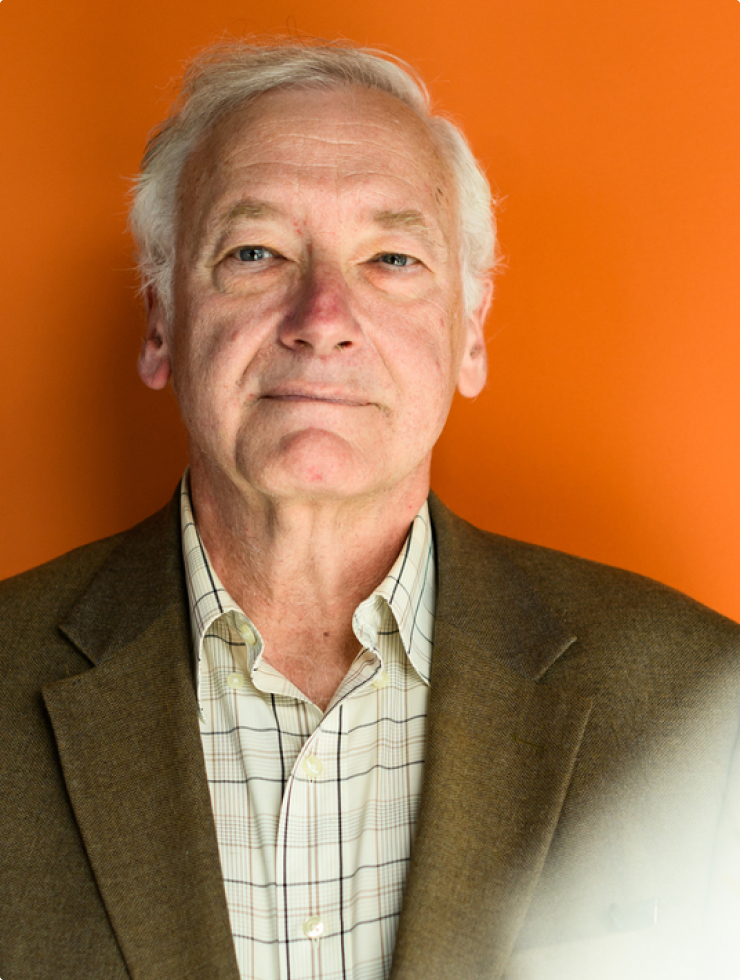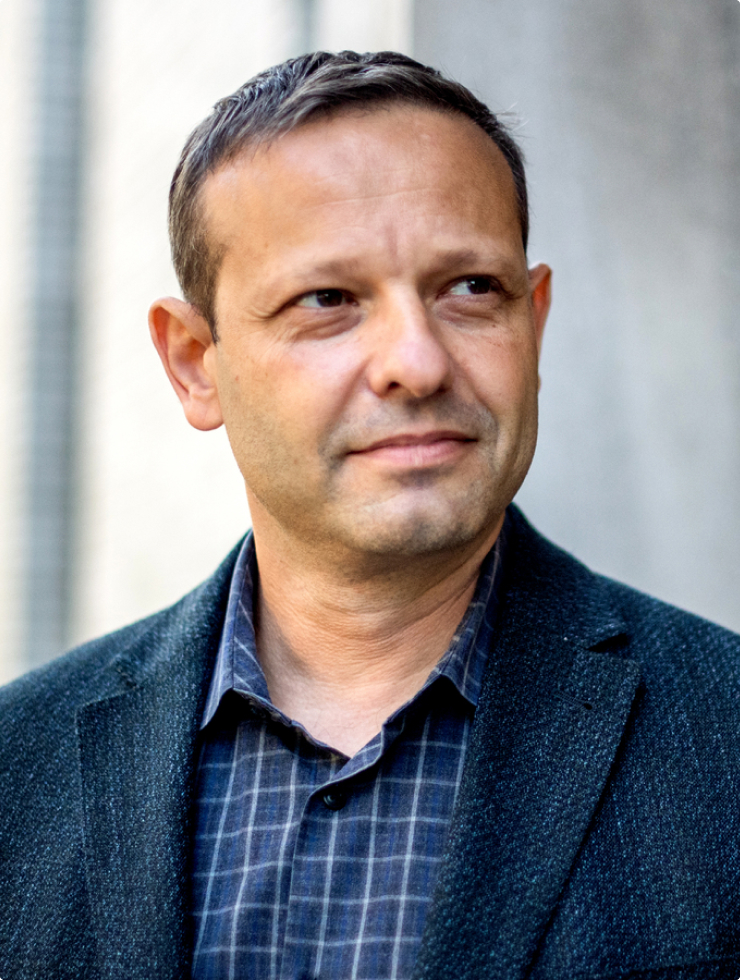Our collaborative, real-world approach in action
Using AI to improve patient care
The Roux Institute / Portland, ME
Problem
Hospitals need better models for anticipating negative outcomes to help doctors and nurses intervene earlier, while also reducing readmission rates and costs.
Solution
Researchers—including a world-leading expert in computational medicine—are deploying AI and predictive algorithms in real time to uncover patterns in patient data that could alert caretakers to complications and prevent adverse cardiac events.
Experts
Researchers pool expertise in AI, computational medicine, visualization

Rai Winslow / Director of life science and medicine research, Northeastern’s Roux Institute
Project lead Winslow, who helped create the computational medicine field, builds algorithms to capture and crunch patient data in real time to predict patients’ risk for health complications or other negative outcomes.

Melanie Tory / Director of data visualization research, Northeastern’s Roux Institute
Tory, an expert in human-data interaction, leads a research group that is developing dashboards or other visual tools that display for the MaineHealth caregivers to make real-time predictions about patient outcomes.

Eugene Tunik / Director of AI and Health, Northeastern’s Institute for Experiential AI; Associate dean for research and innovation, Bouvé College of Health Sciences
Tunik, an expert in human neural control of movement, is leading a post-ICU phase of the project, which involves using the computational medicine model to predict how well the MaineHealth cardiothoracic surgery patients do farther along in the recovery process.

